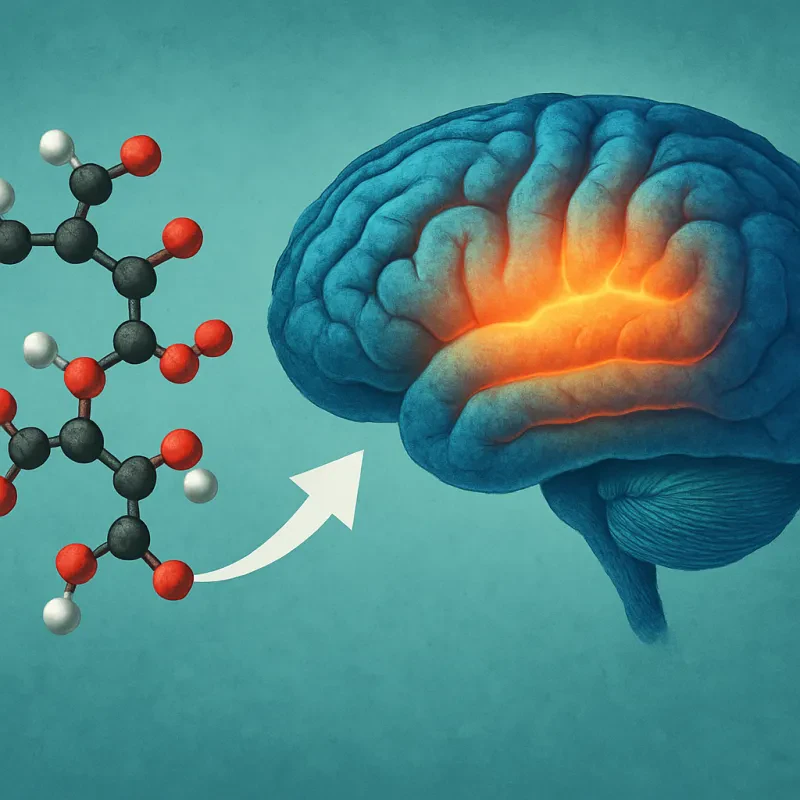Histamine intolerance can be a confusing topic, especially if you’re dealing with symptoms that just don’t seem to add up. One term that often comes up is the DAO enzyme role in histamine intolerance. But what exactly does that mean? Let’s break it down!
DAO, or diamine oxidase, is an enzyme that helps break down histamine in your body. Think of it as your personal histamine bouncer. When you eat foods rich in histamine, like aged cheeses, fermented drinks, or even certain meats, the DAO enzyme steps in to manage the influx. If your body isn’t producing enough DAO, histamine can build up, leading to a variety of uncomfortable symptoms like headaches, rashes, or digestive issues.
Scientific research has shown that some people naturally have lower levels of the DAO enzyme, making them more susceptible to these symptoms. Stress, certain medications, and gut health can all play a part in how well your DAO enzyme functions. Keeping your gut balanced is key, as a healthy gut can help increase DAO production and improve your overall histamine tolerance.
If you suspect you have histamine intolerance, understanding the DAO enzyme role in histamine intolerance can guide your dietary choices. Incorporating foods that support DAO production, like fresh fruits and vegetables, might make a difference. Additionally, you might consider speaking with a healthcare provider about supplementing with DAO if you’re struggling with histamine-related issues.
How DAO Enzymes Help Break Down Histamine
When it comes to understanding how our bodies handle histamine, the DAO enzyme plays a key role. DAO, or diamine oxidase, is responsible for breaking down histamine in the digestion process. For those dealing with histamine intolerance, knowing about the DAO enzyme role in histamine intolerance can be a game changer.
Histamine is a chemical in your body that’s involved in immune responses and digestive processes. But when there’s too much histamine, or not enough DAO to break it down, it can lead to uncomfortable symptoms like headaches, hives, or digestive issues. That’s where the DAO enzyme comes to the rescue, helping keep histamine levels in check.
When you eat foods high in histamine, your DAO enzyme kicks into action. It helps break down this chemical so you can avoid the nasty side effects of histamine overload. Unfortunately, if your body doesn’t produce enough DAO, it can struggle to keep histamine levels balanced, leading to those frustrating symptoms. This highlights just how important the DAO enzyme role in histamine intolerance truly is.
Boosting your DAO levels can often help improve your symptoms. Some people find that taking DAO supplements can alleviate issues associated with histamine-rich foods. It’s great to know there are options available if you’re struggling, and understanding the role of the DAO enzyme can help you take action towards feeling better.
Signs You Might Have Histamine Intolerance
Are you feeling off and can't quite figure out why? It might be worth looking into histamine intolerance. Here are some signs that you could be dealing with it.
First off, pay attention to your digestive system. If you often experience bloating, gas, or diarrhea after meals, especially after eating high-histamine foods, it could signal an issue. The DAO enzyme role in histamine intolerance is significant here because when this enzyme is low, histamine can build up in your body, leading to uncomfortable symptoms.
Another common sign is headaches or migraines. If you notice these headaches coming on after specific meals or snacks, there’s a chance they’re related to histamine intolerance. Flushing or rosy cheeks after eating can also be a clue, as your body reacts to the extra histamine that it struggles to break down without enough DAO enzyme.
Don't overlook skin issues, either. Rashes, itching, or hives can arise when histamine levels rise. If you're finding that your skin is reacting more than usual, you might want to consider how your diet is impacting your histamine levels and the DAO enzyme role in histamine intolerance.
Lastly, fatigue and sleep disturbances can also be a red flag. If you find yourself feeling unusually tired or having trouble getting a good night's sleep, histamine intolerance might be at play. Keeping track of your symptoms in relation to what you’ve eaten can help you and your healthcare provider figure out if histamine intolerance is a factor for you.
Tips for Managing Histamine Intolerance Effectively
Managing histamine intolerance can feel a bit tricky, but with the right approaches, you can make it more manageable. One key point to remember is understanding the DAO enzyme role in histamine intolerance. This enzyme helps break down histamine in the body, so ensuring you have enough of it is vital.
Start by keeping a food diary. Write down what you eat and how you feel afterward. This can help you identify histamine-rich foods that might be causing issues. Common culprits include aged cheeses, fermented foods, and certain wines. By recognizing these triggers, you can make smart choices about what to include or avoid in your diet.
It's also essential to support your body's natural DAO production. Foods rich in vitamin C, vitamin B6, and copper can help boost your DAO levels. Incorporate items like citrus fruits, green leafy vegetables, and legumes into your meals. They not only nourish your body but can also make a difference in managing histamine levels.
Lastly, consider including supplements specifically designed to support DAO levels. These can be particularly helpful if you find your symptoms hard to manage through diet alone. Just like with any supplement, it’s best to consult with a healthcare professional to ensure it aligns with your personal health needs.


